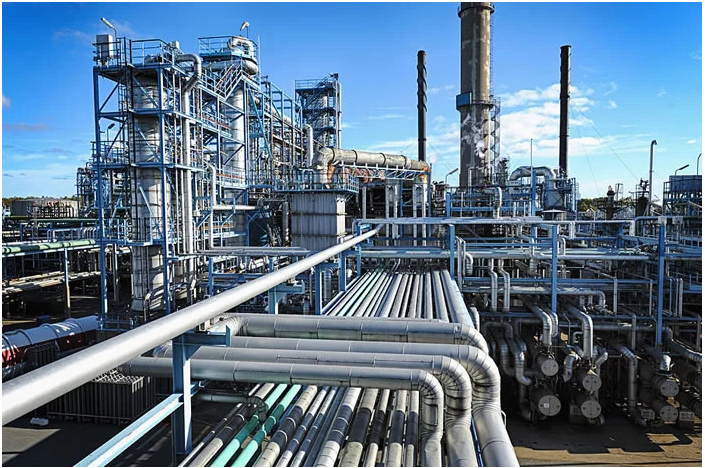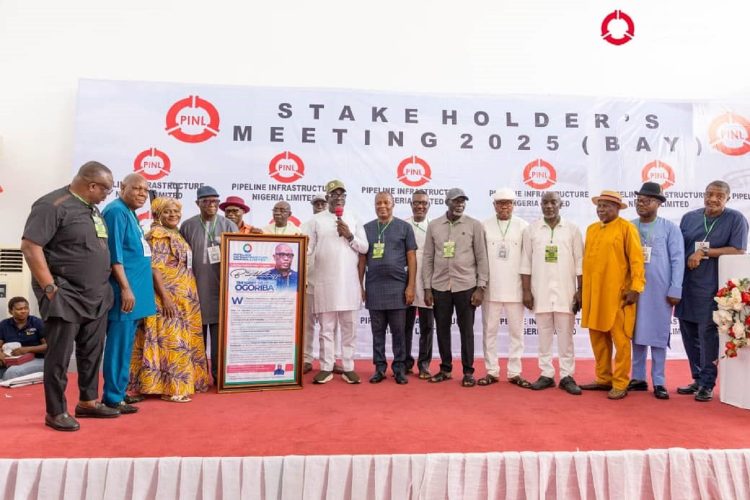
PIND to Host Policy Roundtable on Communal Conflict and Agricultural Investment in the Niger Delta
January 5, 2025
Niger Delta Weekly Conflict Update: January 19-25, 2025
January 24, 2025The Warri Refining and Petrochemical Company (WRPC) has resumed operations after several years of inactivity, marking a significant step in Nigeria’s efforts to restore its local refining capacity. The announcement comes weeks after the Nigerian National Petroleum Company Limited (NNPCL) restarted one of the Port Harcourt refineries, which has a capacity of 60,000 barrels per day.
President Bola Tinubu hailed the reopening of the Warri Refinery as a “remarkable achievement” that aligns with his administration’s commitment to ensuring energy efficiency and security. Speaking on Monday, the President expressed confidence in the refinery’s current 60% operational capacity, emphasizing its role in strengthening Nigerians’ trust in his government.
In a statement, the President praised the Mele Kyari-led management of NNPCL for its dedication to restoring Nigeria’s status as a major oil-producing nation. “The restart of the Warri Refinery brings joy and renewed hope to Nigerians. This milestone, along with the earlier success at the Port Harcourt Refinery, demonstrates our unwavering determination to revamp the nation’s refining capacity and position Nigeria as a hub for downstream industrial activities in Africa,” Tinubu said.
Currently, the Warri Refinery, which has a capacity of 125,000 barrels per day, is producing essential products such as Straight Run Kerosene (SRK), Automotive Gas Oil (AGO), and heavy and light Naphtha. According to NNPCL’s Group Chief Executive Officer, Mele Kyari, full operations are not yet underway, with only one of the three refining units functional. However, oil marketers anticipate lifting Premium Motor Spirit (PMS) from the facility by February 2025.
Stakeholders, including the Independent Petroleum Marketers Association of Nigeria (IPMAN), have confirmed the refinery’s activity, with diesel and kerosene already being produced and distributed. “For now, we are loading AGO and DPK, and we are hopeful that PMS and other products will be available by February,” said Harry Okenini, Chairman of IPMAN’s Delta State chapter.
Despite this progress, industry experts have called for reforms to ensure the efficiency and sustainability of Nigeria’s refining operations. Some have suggested privatizing facilities like the Warri and Kaduna refineries to improve management and productivity.
The resumption of operations at the Warri Refinery represents a critical milestone in Nigeria’s energy sector, demonstrating the government’s resolve to reduce reliance on imported petroleum products and revitalize its refining infrastructure.









